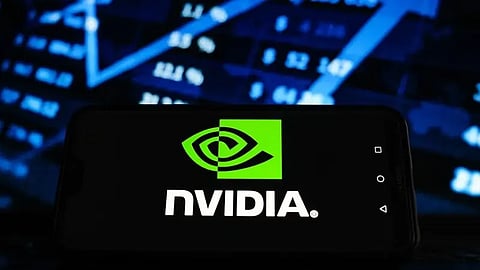

On August 28, Nvidia's earnings for the quarter ended June exceeded Wall Street expectations, recording a revenue of $30.0 billion, surpassing the anticipated $28.7 billion. NVIDIA is a GPU (graphics processing unit) manufacturer. Yet, that's a bit of a misnomer now because their applications extend far beyond graphics. For example, it also develops software libraries and programming languages, like CUDA, which serve as interfaces for their hardware.
NVIDIA's latest earnings report was a mixed bag. While the company posted impressive revenue growth of 122% and unveiled a substantial $50 billion share buyback plan, the results fell short of the high expectations set by previous quarters.
NVIDIA’s recent success has largely been driven by the booming demand for its AI chips, which allowed the company to consistently outperform analysts’ forecasts. However, this latest earnings report and the accompanying forecast, despite being robust, did not meet the high expectations of investors. The unveiling of a massive share buyback plan, while positive, was not enough to compensate for the lower-than-expected results.
This disconnect between high expectations and actual performance has contributed to the drop in NVIDIA’s stock price
“Here’s the issue,” said Ryan Detrick, chief market strategist at the Carson Group. ”The size of the beat this time was much smaller than we’ve been seeing.” He added, ”Even future guidance was raised, but again not by the tune from previous quarters. This is a great company that is still growing revenue at 122%, but it appears the bar was just set a tad too high this earnings season.”
Shares of key chipmakers such as Broadcom and Advanced Micro Devices (AMD) each dropped around 2%, while major tech companies such as Microsoft and Amazon saw their shares fall by nearly 1%.
This widespread decline led to a combined loss of about $100 billion in market value for AI-related companies.
NVIDIA CEO Jensen Huang highlighted strong demand for the company's graphics processors, crucial for AI technologies like ChatGPT. He told analysts that the need for these chips is "insatiable."
Huang confirmed that production of NVIDIA's new Blackwell chips will be delayed until the fourth quarter but reassured that customers are still purchasing the current-generation Hopper chips.
The company is sending out samples of the Blackwell chips to partners and expects to earn several billion dollars from them in the upcoming quarter.